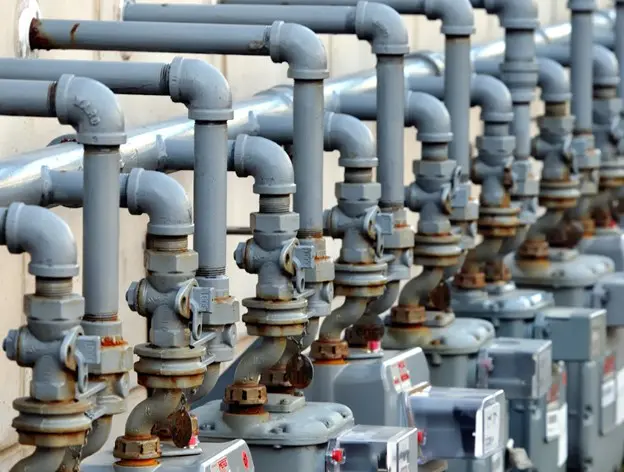Massachusetts advocates say they’re being ignored in future-of-gas talks
As Massachusetts gas companies start legally mandated investigations into their role in a clean energy future, advocates are concerned that stakeholder voices calling for aggressive decarbonization, environmental justice, and a fair transition for fossil fuel workers are being shut out at a crucial moment in the process.
While the gas companies contend they are committed to soliciting and incorporating stakeholder feedback, advocates say the utilities are failing to fully engage with their concerns. At the same time, the state has rejected advocates’ requests for increased oversight from regulators.
“It’s important for our perspective to be at the center of this and right now it feels like we’re much more of an audience,” said Debbie New, a participant in the Gas Leaks Allies coalition. “When questions about labor, equity, health, or safety are asked, we are told they will consider them later, rather than making them integral to the process.”
In June 2020, Massachusetts Attorney General Maura Healey asked the state’s department of public utilities to open an investigation into the future of the natural gas industry as the state moves toward its goal of reaching net-zero carbon emissions by 2050. The department launched the investigation in October of that year with the stated goal of developing “a regulatory and policy roadmap to guide the evolution of the gas distribution industry.”
The first step in Massachusetts’ process required the state’s gas distribution companies to hire consultants to analyze the costs, regulatory implications, and emissions reductions involved in several different decarbonization strategies the state could pursue. These studies, the order specified, should look at the so-called “pathways” laid out in the state’s 2050 Decarbonization Roadmap, as well as any other scenarios deemed appropriate. They should also take into account the input of stakeholders, the state said.
….
That timeline makes right now a very important moment for environmental and public health activists. The report that emerges from the current process will inform the rest of the discussions and decisions throughout the investigation. Therefore, advocates argue, it is essential that there is broad agreement as to the scenarios the consultants model, the data used, and the assumptions made.
“If we are relying on this study, let’s do our homework,” said Amy Boyd, director of policy for climate nonprofit the Acadia Center. “We need to ask the right questions in order to be able to trust the answers at the end of the process.”
Read the full article in Energy News Network here




















Follow us